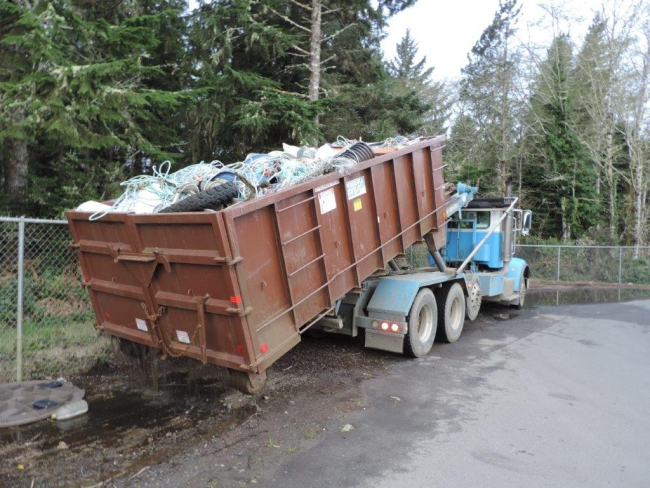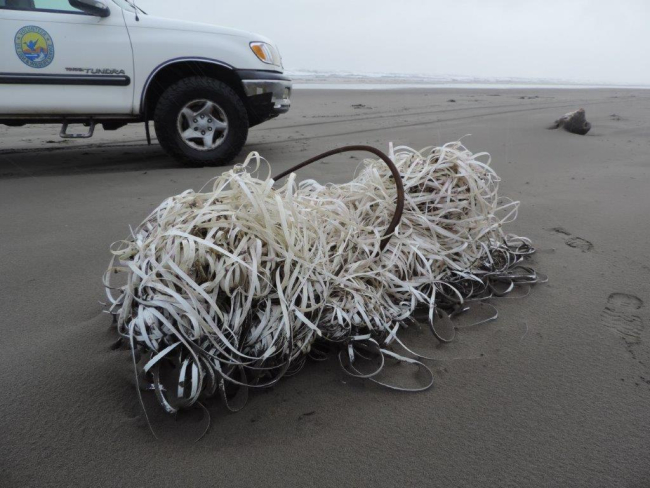Oregon and Washington contain some of the most remote and ecologically diverse coasts in the continental United States. These waters teem with fish and marine mammals, and support tourism and vital subsistence, commercial, and recreational fisheries. Marine debris can be harmful to these waters and all that rely on it. These threats could be derelict fishing gear that entangles and catches marine life, or it could also be large debris such as derelict vessels that have sunk or been improperly disposed of. The NOAA Marine Debris Program partners with community members and organizations in the Pacific Northwest who are committed to preventing and removing these and other types of marine debris.
In Washington, the Marine Debris Program is partnering with Zero Waste Washington to support three cohorts of students through the Duwamish River Valley Youth Corps to learn about marine debris issues that are unique to their communities. Each cohort of students created a series of videos around a marine debris topic of their choice targeted to their local community. This marine debris education project is helping to prevent future debris from making its way into Pacific Northwest coastal waters and cultivate our next generation of marine stewards.
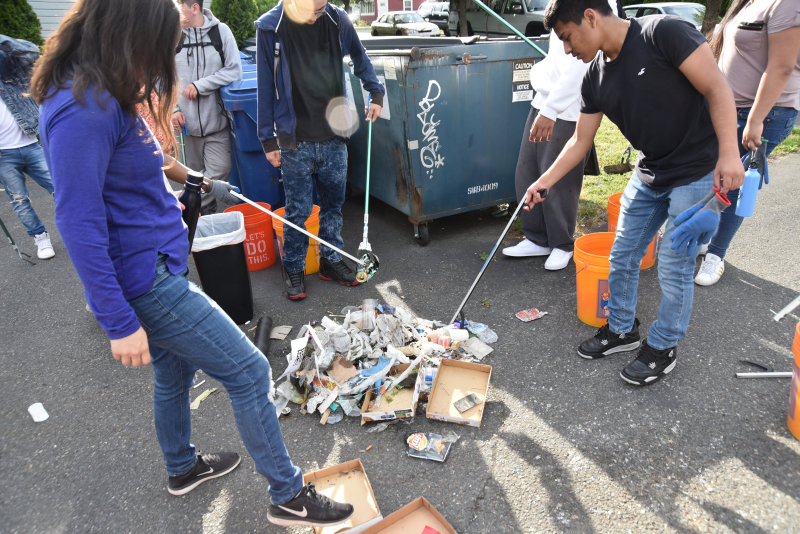
In southwest Washington, the GrassRoots Garbage Gang, with additional support from the National Marine Sanctuary Foundation, is working to clean over seven miles of restricted access beach near Long Beach. This project focuses on small-scale marine debris removal efforts and volunteer support. In partnership with the Marine Debris Program, nearly 18,000 pounds of trash have been removed from this important habitat since October 2021.
Derelict fishing gear, including nets, lines, pots, and other equipment lost or discarded in the marine environment, have a number of harmful impacts, including wildlife entanglement, habitat destruction, and ghost fishing. In Washington, the Northwest Straits Foundation is in the process of cataloging and removing derelict crab pots in northern Fidalgo and western Padilla Bays in Washington. Project partners are also conducting targeted outreach to recreational crab fishers and measuring the rate of crab pot loss in the Salish Sea.
In Neah Bay, Washington, within the Olympic Coast National Marine Sanctuary and the Makah Tribe’s Usual and Accustomed Fishing Area, the Makah Tribe recently completed a project that removed roughly 12,700 pounds of derelict crab pots and lines using reports of observed lost gear from local fishermen. The retrieved crab pots and lines were brought to shore where they were recycled for further use or turned into scrap metal. Further north, the Swinomish Indian Tribal Community is actively removing derelict crab pots from the Swinomish Channel and Similk Bay with the help of tribal SCUBA divers. The project team is reusing and recycling as much recovered gear as possible and raising awareness in order to reduce the impacts of derelict fishing gear in Similk Bay.
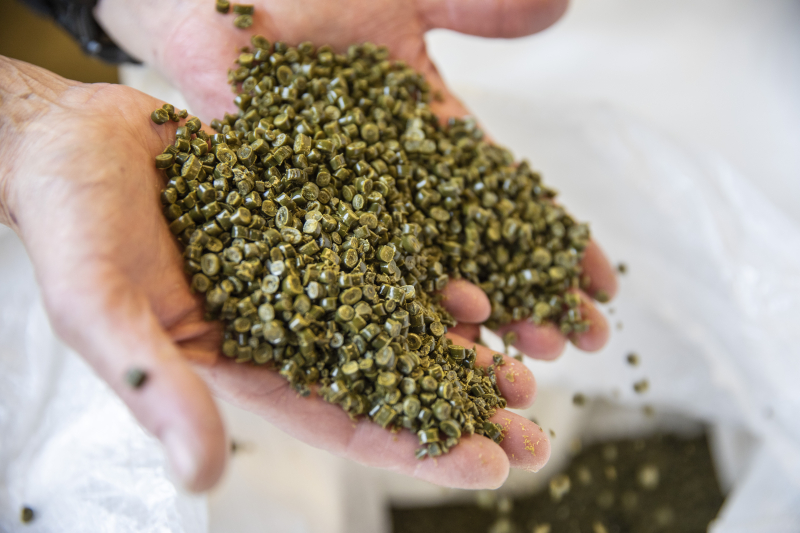
The Salish Sea is a unique region with marine resources shared by communities across the Canadian-American border. The National Marine Sanctuary Foundation and partners are removing and recycling plastic marine debris collected from the shores of Washington state. This project is using innovative disposal methods by converting waste to alternative fuels and recycling plastic materials to create new items such as recreational crab and clam measuring gauges.
In Oregon, the Oregon State Marine Board (OSMB) is assisting marinas across the state through their Oregon Clean Marina Program with handling abandoned and derelict vessels before they sink or are abandoned and become very expensive to remove and dispose of. Over the past two years, OSMB has assisted in the removal of more than 40 derelict vessels from Oregon marinas.
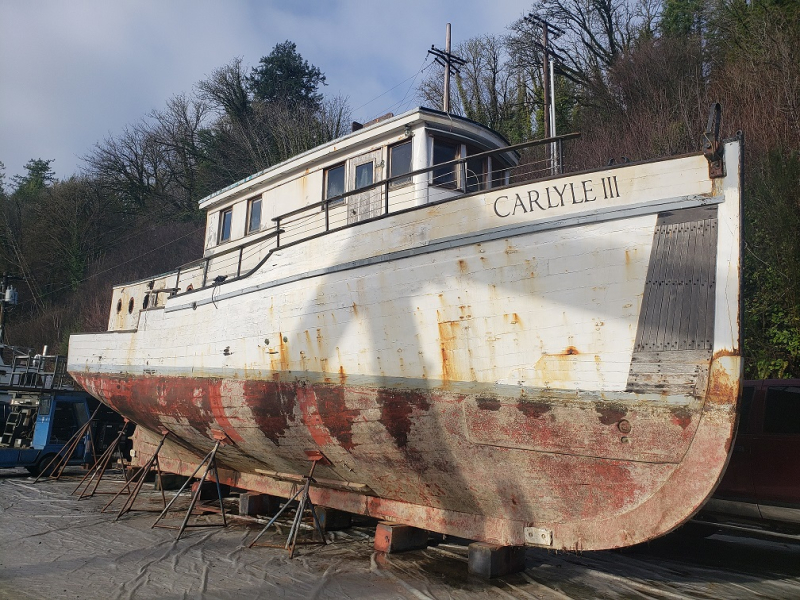
With over 250 combined community identified marine debris actions across the Oregon and Washington Marine Debris Action Plans, it is clear how important addressing marine debris is to the people of the Pacific Northwest. Their ongoing dedication and environmental stewardship proves that together we can make a positive difference. Stay tuned throughout the month for guest blogs by some of these partners to learn more about their projects and efforts across the region!

